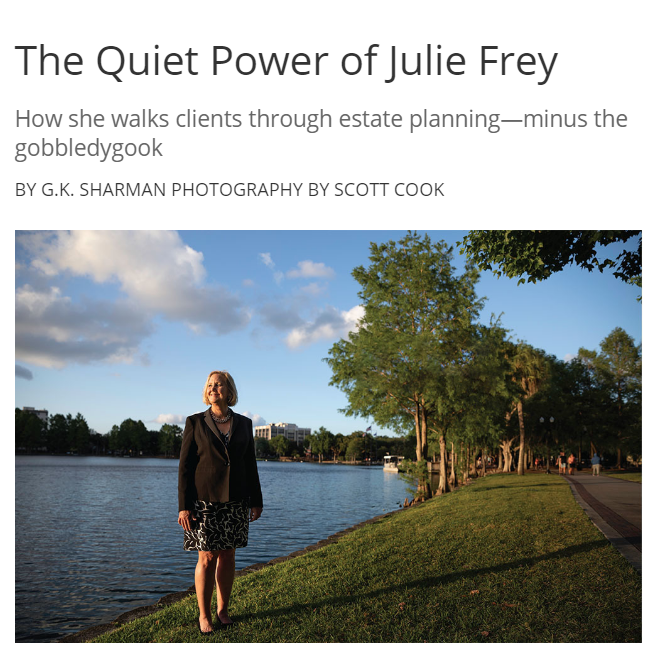By:
Melody Lynch
An Alzheimer’s or dementia diagnosis is scary and can leave a patient and their family with more questions than answers. Legal guardianships can provide asset protection, stability, and comfort in uncertain times. While less restrictive alternatives to guardianship may exist in some circumstances, guardianships are a legal vehicle which provides oversight and structure to families in crisis. Guardianships bring order to families by appointing a guardian to manage the affairs of the person affected by Alzheimer’s or dementia – known as the ward.
Guardianships address three primary issues:
A guardianship of the person permits a guardian to advocate for a ward’s physical needs and to participate in medical decisions, social decisions, and other decisions concerning the person such as where the ward should reside long-term.
A guardianship of the property alleviates the stress and pressure of financial management by giving a guardian the control to manage and invest the ward’s assets to provide for their care, maintenance, and long-term support.
Guardianships of the person, property, or plenary (both) provide assurance to the family that the ward will be taken care of and their assets will be preserved for their current and future care. While guardianships cannot change the medical diagnosis, they can provide peace and comfort so that the family can focus on the ward when they need it most.
read more


